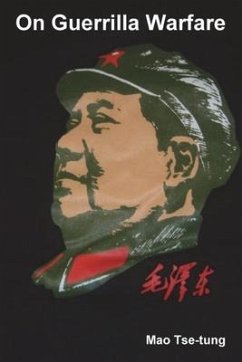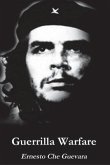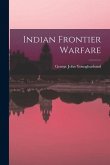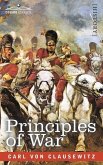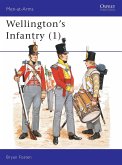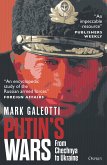In 1937, Mao was in retreat after ten years of battling the Nationalist troops of Chiang Kai-shek. During this period, he wrote a succinct pamphlet that remains one of the most influential documents on warfare to this date. This treatise, the first systematic analysis of guerilla warfare, established Mao as the architect of a new method of warfare. On Guerrilla Warfare is Mao's case for the extensive use of an irregular form of warfare in which small groups of combatants use mobile military tactics in the forms of ambushes and raids to combat a larger and less mobile formal army. Mao wrote the book in 1937 to convince Chinese political and military leaders that guerilla style-tactics were necessary for the Chinese to use in the Second Sino-Japanese War. The book has since become a classic and should be of interest to anyone who wants to learn about guerilla warfare and how it is effectively conducted, and anyone interested in warfare, terrorism, and revolution in general.
Hinweis: Dieser Artikel kann nur an eine deutsche Lieferadresse ausgeliefert werden.
Hinweis: Dieser Artikel kann nur an eine deutsche Lieferadresse ausgeliefert werden.

